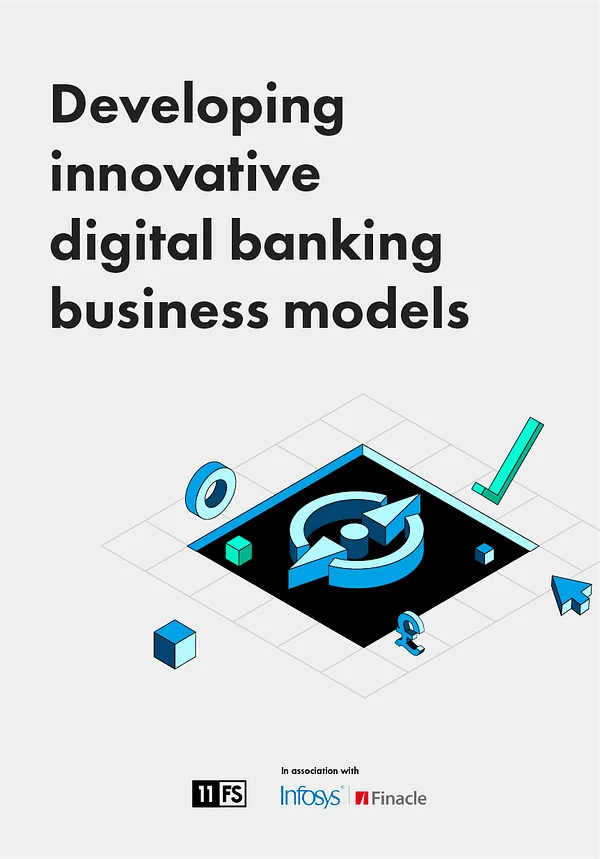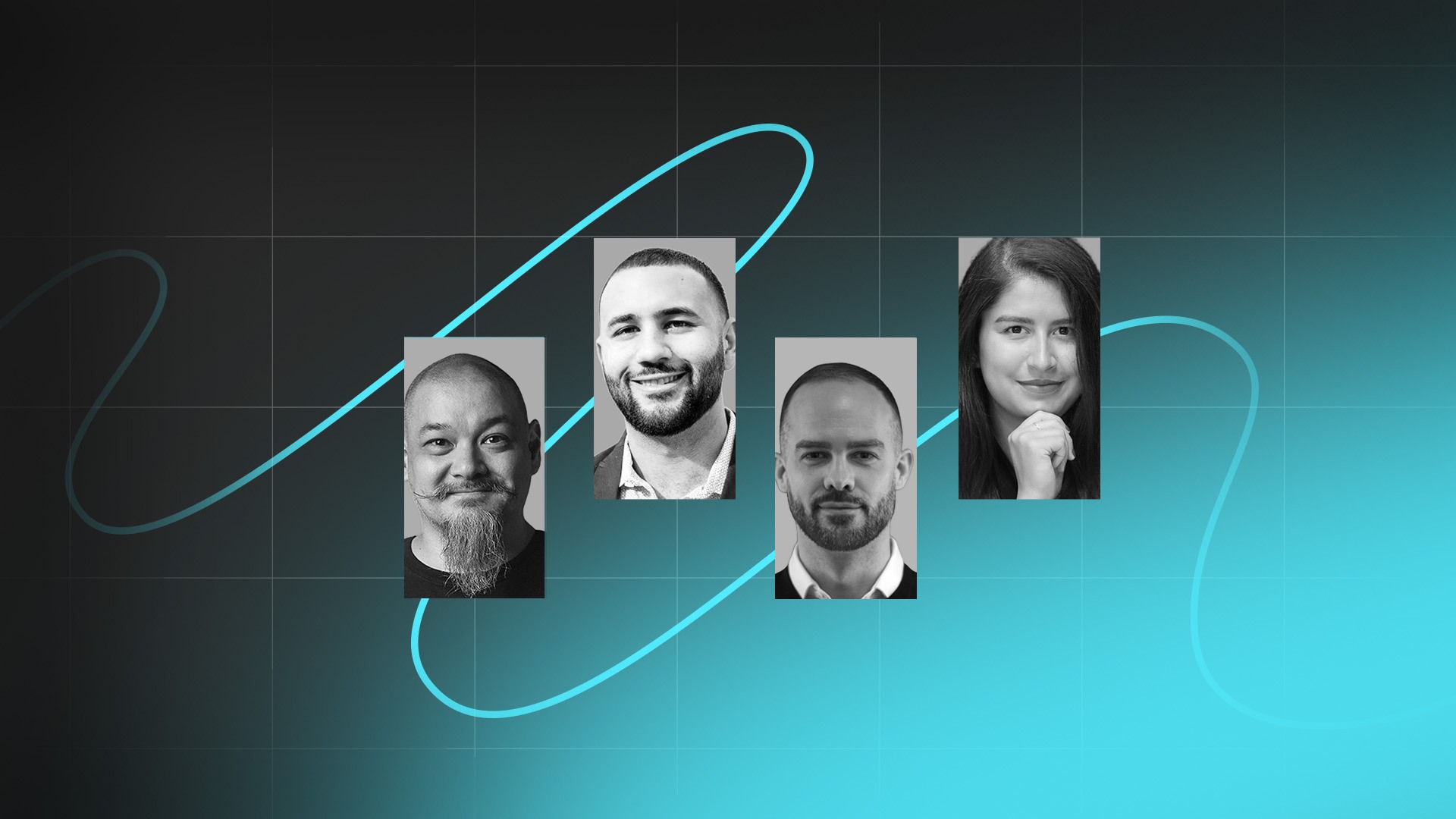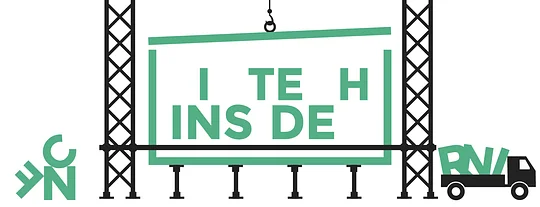This isn't a blog post about us. This is a blog post about a bank that created a podcast. Aside from that being so 2018 it hurts, a quick health warning. This isn't a dig, nor a brag. The podcast thing is a metaphor. How? Read on...
Yes, 11:FS runs a podcast. Yes, it happens to be the #1 business podcast on iTunes in the UK many weeks of the year. But let's be clear, we're learning, we're new at this and we're humbled by the amazing guests and team that have made it a success...and yet there's still so much more to do.
I know a bank, let's call them Banky McBankface...that wanted to get into new media properly as part of their innovation agenda. So they strategised, produced decks and sold the idea internally.
Like many things in banks, the idea may have been a good one. But it's what happened next that's a cautionary tale.
A great output.
The first question seems like a simple one, but if you get it wrong my goodness can you miss the mark. See, this bank asked the question "How do we create a place to record podcasts?" Which immediately conjures images of radio studios, professional microphones and soundproofing.
Which begged the questions
1) How much does all of this cost?
2) Where should it be in a building?
3) Who can install the soundproofing?
4) How much does the equipment cost?
5) Do we have the budget for that?
6) Who needs to sign off the budget?
7) Where will we get the guests?
8) Who needs to sign off on the guests?
9) Do PR and brand need to be aware?
10) Do we have resources assigned, etc.
What happened next
So, Banky McBankface toiled and worked and got approval to build the podcast studio. They installed all of the equipment you could ever wish for. My goodness, it was pretty. They had a marketing person assigned, design, innovation - you name it, they built it. Yet those people did not come.
Top Gear was popular because it was about friends that loved cars, not cars themselves
Jason Bates
Understanding what the approval process for guests would be was challenging. Understanding the review process for episodes was even more challenging. Which of the organisations' countless risk teams needed to be aware, informed, consulted and approve?
Fast forward a year later, and the podcast had released 7 episodes, had total downloads in the low 100s and was being largely ignored. The studio remained. A sort of sad monument to corporate innovation but they focussed on all the wrong things.
As always in banks, the output is easy. The outcome is much harder.

Another story
Standing in a pub in Moorgate. David our friendly neighbourhood CEO and my co-founder asked a simple question about podcasts:
How hard can it be?
He noted how often he'd been in great conversations with the amazing people we're fortunate to meet at events or around the fintech world. Surely, someone would love that real, honest, straight-to-the-good stuff conversation.
Jason being Jason, then chimed in with something brilliant. His point was if you put the macho nature aside, the British TV show Top Gear was popular because it was about friends that loved cars, not cars themselves.
Now I don't remember exactly how, but David then tried doing a webinar thing for our first ever episode (which sounded awful). We published the episode anyway and told everyone we knew. It sounded awful, nobody could hear it when travelling with loud backgrounds but people sort of liked the conversation. There was so much to change. The old saying is if you're not a bit embarrassed by your first attempt, you shipped too late.
We then tried a second episode and David's Amazon addiction began to show. We now had a microphone each, and a sound recorder with wires. David invited the guys from Bud (Ed and Jamie), and I think Anna Irrera, now of Reuters. This show was fun, we were in a room, it was dynamic, it had, something.
Then came the how-the-hell-do-you-edit-podcasts dilemma. David found some free software called Audacity, agonised over the thing and got something out. It was better, downloads passed 1000 for the first time. We knew we had something. We knew it was time to double down. Importantly, we had something to take to sponsors. Sponsors would get us a sound engineer. Weeks later we hired that sound engineer. That sound engineer was Michael Bailey. He's with us to this day and one of the real stars behind the scenes (among many others now!)
The moral of the story
This story could be about any start-up. The protagonists could be anyone. The lessons are the same.
Some dos and don'ts (Or rather, dont's and dos)
Don’t
- Don't build the studio before you've got listeners
- Don't try for budget until you've got something that works
- Don't start unless there's something in there that you'll love
Do
- Do bring your passion and your network
- Do maximise output for minimum effort
- Do focus on the outcome and not the output
And here’s the bit you can use in your day job...
A great output is a podcast studio. A great outcome is a successful podcast. Two years and 300 episodes later, we still don’t have a studio, don’t get fancy!
How many projects can you think of that suffer from exactly this challenge? How many internal projects in banks, insurers, asset managers and corporates are worrying about the wrong things? Sam Altman, the founder of YCombinator, is famous for saying start-ups need to focus on two things: talking to customers and writing code.
I'd change that slightly. Listen to customers and ship product that you can change rapidly based on feedback, instead of trying to make the perfect output.
You can listen to the latest episode of Fintech Insider here.





.svg)
.svg)






